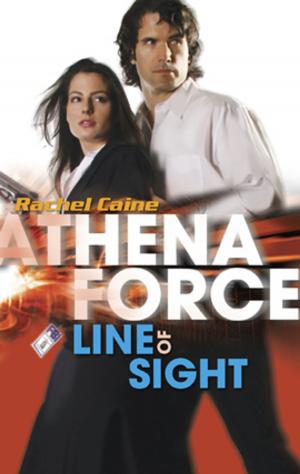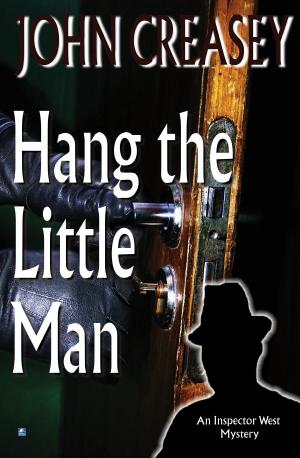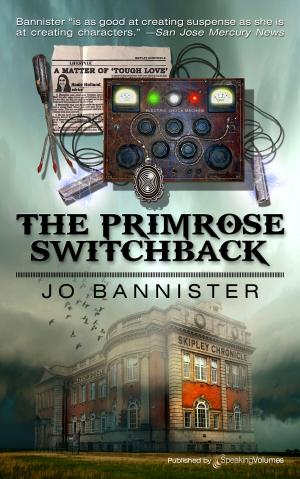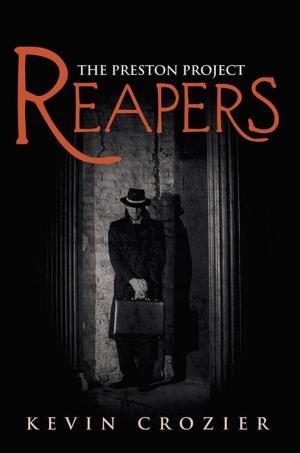A Cowboy Like Me: Short Stories, Volume II
Fiction & Literature, Saga, Thrillers, Mystery & Suspense| Author: | Thomas Edward Shaw | ISBN: | 9780977730384 |
| Publisher: | Thomas Edward Shaw | Publication: | January 1, 2014 |
| Imprint: | Smashwords Edition | Language: | English |
| Author: | Thomas Edward Shaw |
| ISBN: | 9780977730384 |
| Publisher: | Thomas Edward Shaw |
| Publication: | January 1, 2014 |
| Imprint: | Smashwords Edition |
| Language: | English |
Set in an environment of sagebrush, mountain bluebirds and rivers that disappear, the twelve titles, inside this book, describe a place familiar to everyone - or perhaps familiar to none. We only remember what we think we saw.
The stories describe is a place where civilization does not necessarily describe refinement. As German philosopher Nietzsche once defined it, “The purpose of civilization is to convert man, a beast of prey into a tame and civilized animal; a domestic animal.
It was about the same time Mark Twain wrote this: “I reckon I got to light out for the territory because Aunt Sally she’s going to adopt and civilize me and I can’t stand it. I’ve been there before.”
And about the same time again, closer to home, one old sourdough described it this way: “See what women do? First it’s civilization and then the next thing, you know, you’ll be combin’ yer hair and eating broccoli.”
So over the years, what has changed? It used to take three months to drive a covered wagon from Missouri to California. Now the same distance can be covered in three hours; but that, in itself, does not accurately describe anything.
In the short story, A Song for the Son of a Buckaroo, a young man recounts how Kate, Karl, Alice and he take a late night swim in the Humboldt River. Later they go to town to dance until dawn, wearing only their underwear. In the small town of Elko, a cowboy can be who he wants to be. And that, by itself, doesn't fix what is wrong.
In The Sunday Matinee, undomesticated boys prefer watching western movies with “King of the Cowboys” Roy Rogers. Just ask them and they will tell you, it’s never fun to watch a film starring Ronald Reagan, who seems much too civilized to be a real cowpoke. But then, when they grow up and become domesticated, for whom did most of them cast their votes in a presidential election? Was the winner the best horse rider? Some of them still grouse about it.
In The Boxer, a young man describes the Queensbury Rules of boxing, “Points are deducted for hitting below the belt,” and after he proves his point, he surprises his doubting adversary by becoming a politician.
At the end - after time has passed and the place may or may not be the same - everyone comes together for their high school class reunion and what do they remember? A Cowboy Like Me is not really about cowboys, but if the reader prefers, it can be.
Set in an environment of sagebrush, mountain bluebirds and rivers that disappear, the twelve titles, inside this book, describe a place familiar to everyone - or perhaps familiar to none. We only remember what we think we saw.
The stories describe is a place where civilization does not necessarily describe refinement. As German philosopher Nietzsche once defined it, “The purpose of civilization is to convert man, a beast of prey into a tame and civilized animal; a domestic animal.
It was about the same time Mark Twain wrote this: “I reckon I got to light out for the territory because Aunt Sally she’s going to adopt and civilize me and I can’t stand it. I’ve been there before.”
And about the same time again, closer to home, one old sourdough described it this way: “See what women do? First it’s civilization and then the next thing, you know, you’ll be combin’ yer hair and eating broccoli.”
So over the years, what has changed? It used to take three months to drive a covered wagon from Missouri to California. Now the same distance can be covered in three hours; but that, in itself, does not accurately describe anything.
In the short story, A Song for the Son of a Buckaroo, a young man recounts how Kate, Karl, Alice and he take a late night swim in the Humboldt River. Later they go to town to dance until dawn, wearing only their underwear. In the small town of Elko, a cowboy can be who he wants to be. And that, by itself, doesn't fix what is wrong.
In The Sunday Matinee, undomesticated boys prefer watching western movies with “King of the Cowboys” Roy Rogers. Just ask them and they will tell you, it’s never fun to watch a film starring Ronald Reagan, who seems much too civilized to be a real cowpoke. But then, when they grow up and become domesticated, for whom did most of them cast their votes in a presidential election? Was the winner the best horse rider? Some of them still grouse about it.
In The Boxer, a young man describes the Queensbury Rules of boxing, “Points are deducted for hitting below the belt,” and after he proves his point, he surprises his doubting adversary by becoming a politician.
At the end - after time has passed and the place may or may not be the same - everyone comes together for their high school class reunion and what do they remember? A Cowboy Like Me is not really about cowboys, but if the reader prefers, it can be.















